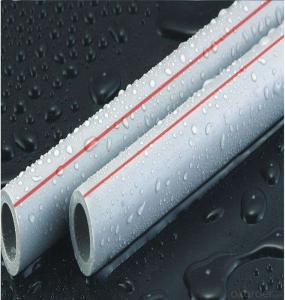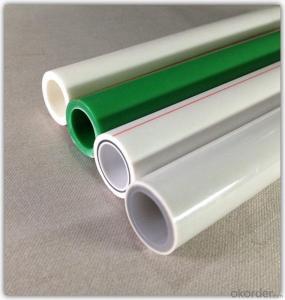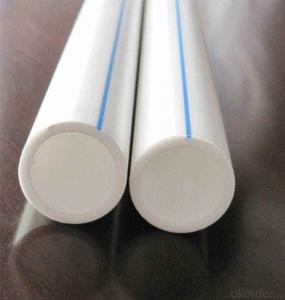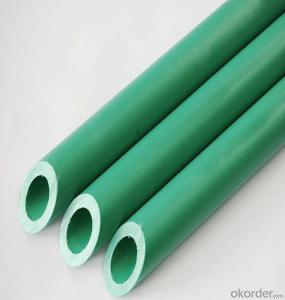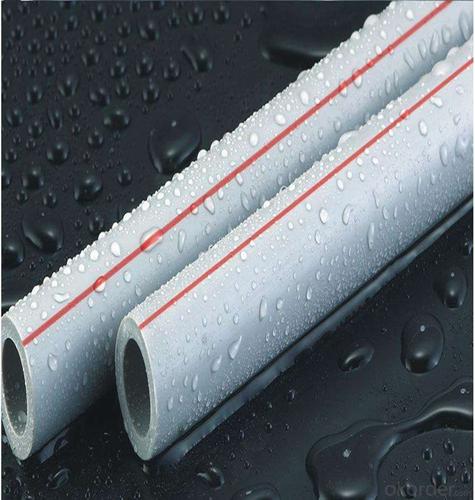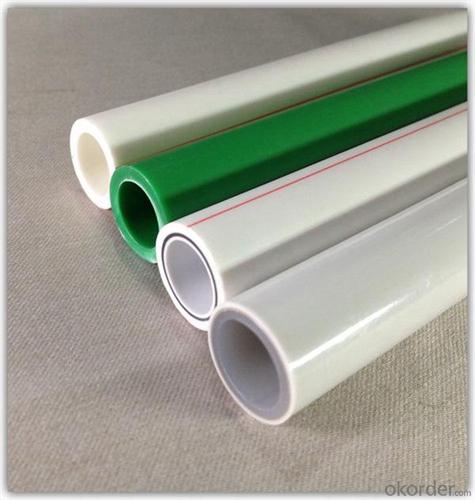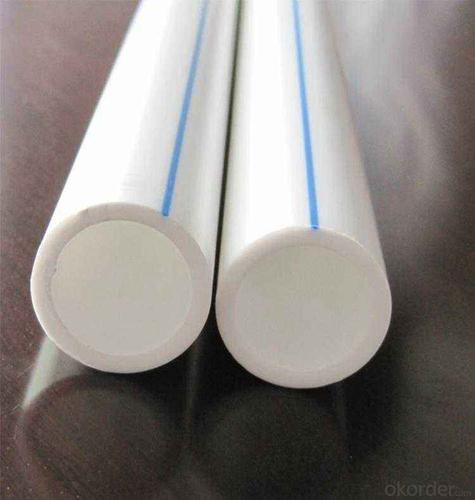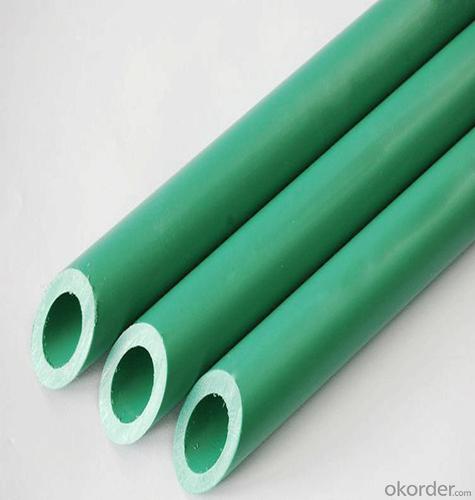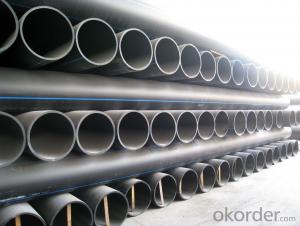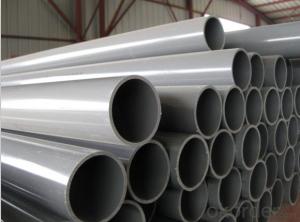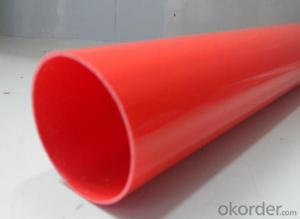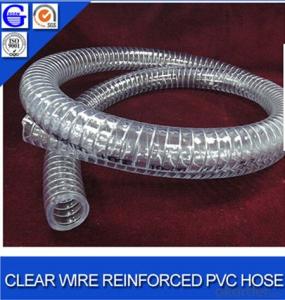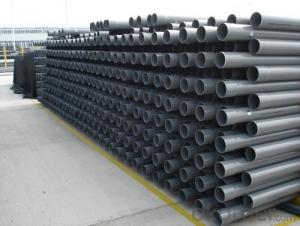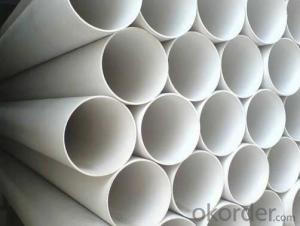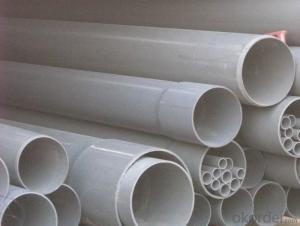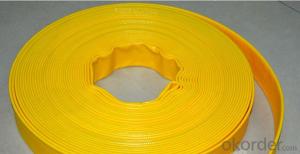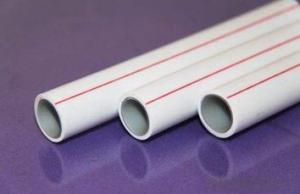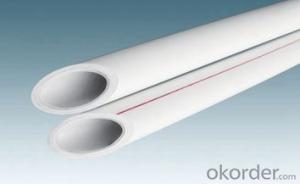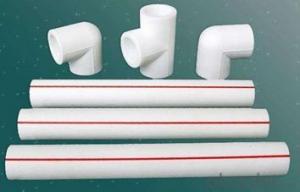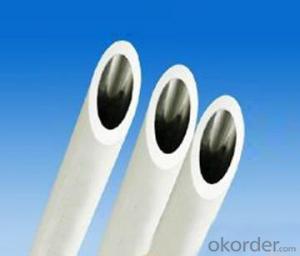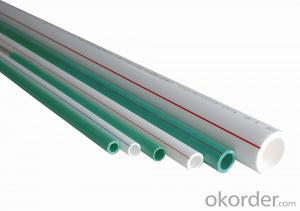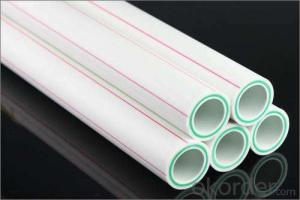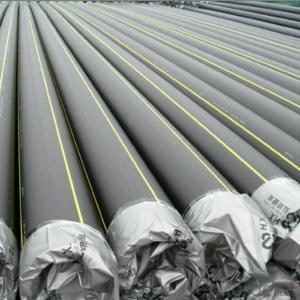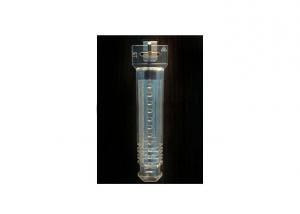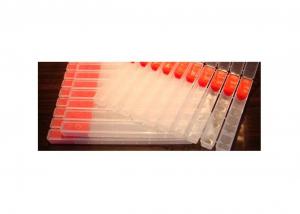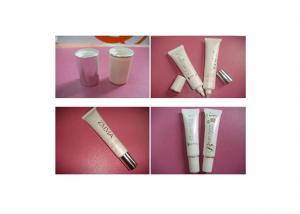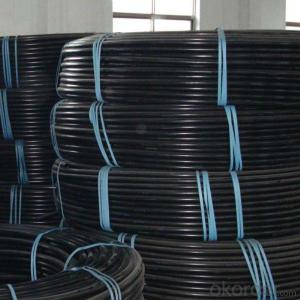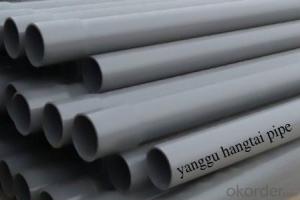Plastic Tubes - 2024 PPR Pipe for Landscape Irrigation Application from China Professional
- Loading Port:
- Tianjin
- Payment Terms:
- TT OR LC
- Min Order Qty:
- 1000 pc
- Supply Capability:
- 1000000 pc/month
OKorder Service Pledge
OKorder Financial Service
You Might Also Like
Product Overview
1) Cold / hot water supply facilities for public buildings
2) Food, chemical, electronic industry pipeline networks; Such as Pipeline networks for transporting all kinds of corrosive liquids
3) Drinking water production system pipeline networks; Such as Pure water and mineral water
4) Air conditioning facility pipelines
5) Compressed gas pipeline networks for industry
6) Pipeline networks for swimming pools
7) Pipeline networks for solar energy facilities
8) Agriculture and garden production transporting systems
Advantages
1)Light weight, convenient to transport and handle
2)High strength
3)less resistance
4)Corrosion resistance
5)Sound insulation
6)Easy to install
7)long lifespan
8)low cost
9)Recyclable: thereby benefiting the environment
10)OEM/ODM welcome standards
11)Reliable installation
Product Description
Pressure | Size(mm) | Pressure | Size(mm) |
PN1.25MPA | 20*2.0 |
PN1.6MPA | 20*2.3 |
25*2.3 | 25*2.8 | ||
32*2.9 | 32*3.6 | ||
40*3.7 | 40*4.5 | ||
50*4.6 | 50*5.6 | ||
63*5.8 | 63*7.1 | ||
75*6.8 | 75*8.4 | ||
90*8.2 | 90*10.1 | ||
110*10.0 | 110*12.3 |
Product Show
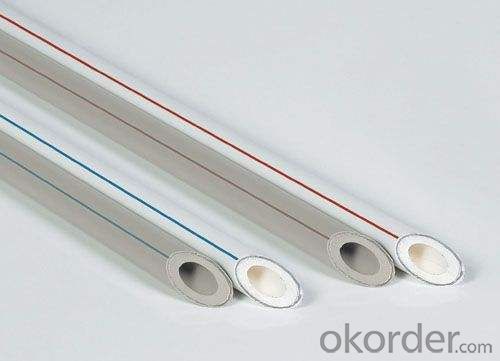
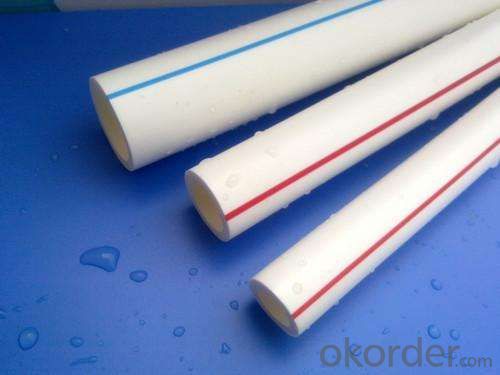
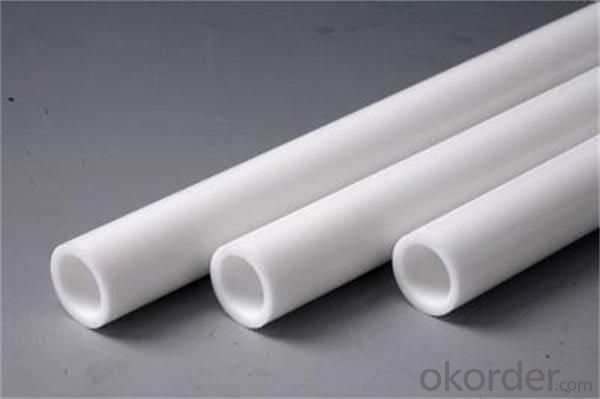
FAQ
1. Can you find a translator for me?
You can tell us which language you speak, we will find the translator for you, and will be together work.
2. If we want to develop some new item, but maybe we just have some ideas, how can you do?
We can make new mold base on your idea, generally, if your quantity is more enough, we can refund the mold cost to you.
3. How Long Is Delivery?
Delivery time will be 30-45 days according to order quantity.
4.What Is Our Normal Payments Terms?
Our normal payment terms: T/T, L/C or western union
- Q: I purchased a dipstick oil heater and I cannot use it with a plastic tube. I want to make sure I do not have a plastic tube before I use it. Thanks.
- Use a magnetic pan heater, make sure it's not aluminum
- Q: My bridge had broken and I got someone to make me a new one, but when I reviewed it over, I noticed they moved the plastic tube to the bottom of the violin. Should I not worry about it or have someone fix it?
- Does the bridge have a protective cover glued to it under the string - it's called a parchment? Or does the bridge have an insert in it, usually made from Ebony? If either of these is a yes, you don't need the tube. If the answer was no to both, the tube should probably be there to protect the bridge from the string cutting in. Here is a pic of the two possibilities I've mentioned.
- Q: Can plastic tubes be used for plumbing applications?
- Yes, plastic tubes can be used for plumbing applications. Plastic pipes such as PVC (polyvinyl chloride) or PEX (cross-linked polyethylene) are commonly used in plumbing systems due to their durability, flexibility, and resistance to corrosion. They are suitable for both residential and commercial plumbing applications, including water supply lines, drainage systems, and irrigation systems.
- Q: How are plastic tubes disposed of?
- Plastic tubes are typically disposed of by recycling them through specialized recycling facilities or by placing them in designated recycling bins. However, it is important to check local recycling guidelines as some areas may not accept certain types of plastic tubes. If recycling is not an option, they can be disposed of in regular trash bins, but it is always recommended to reduce plastic waste and explore alternative packaging options whenever possible.
- Q: Can plastic tubes be used in medical applications?
- Yes, plastic tubes can be used in medical applications. They are commonly used for various purposes such as drainage, delivery of fluids or medications, and as conduits for instruments during surgical procedures. Plastic tubes offer advantages such as flexibility, durability, and compatibility with sterilization processes, making them suitable for a wide range of medical applications.
- Q: Are plastic tubes resistant to discoloration?
- Yes, plastic tubes are generally resistant to discoloration.
- Q: We are interested in tubing on a creek with class I to II rapids, so we want something durable to hold up going over rocky patches. Are the 3-layer PVC plastic tubes sold for river tubing and towing behind boats strong enough for that? Or would a black rubber tire from a semi-truck be better?
- The Inner-Tube Puncturer, who else? Now I have to get my tube tied. =O
- Q: just curious about commerce. . .
- Because they are not making plastic tube radios anymore. Human bones are made all the time.
- Q: We just got my dad an oxygen tank and we need to connect 5/8 tubing to regular (standard) oxygen tubing. Where do I but the part to connect the tubing? Do they even make something to connect the two? If not how would you go about connecting them?
- It might help to know what kind of tubing you are working with (both ends). For metal there are various size reducers (flared and threaded). For rubber there are probably push on reducers, plastic may be a bit more difficult.
- Q: What are the different wall thicknesses available for plastic tubes?
- The different wall thicknesses available for plastic tubes can vary depending on the specific requirements and applications. However, common options include thin-wall tubes with thicknesses ranging from 0.5mm to 2mm, medium-wall tubes ranging from 2mm to 5mm, and thick-wall tubes with thicknesses exceeding 5mm.
Send your message to us
Plastic Tubes - 2024 PPR Pipe for Landscape Irrigation Application from China Professional
- Loading Port:
- Tianjin
- Payment Terms:
- TT OR LC
- Min Order Qty:
- 1000 pc
- Supply Capability:
- 1000000 pc/month
OKorder Service Pledge
OKorder Financial Service
Similar products
Hot products
Hot Searches
Related keywords
